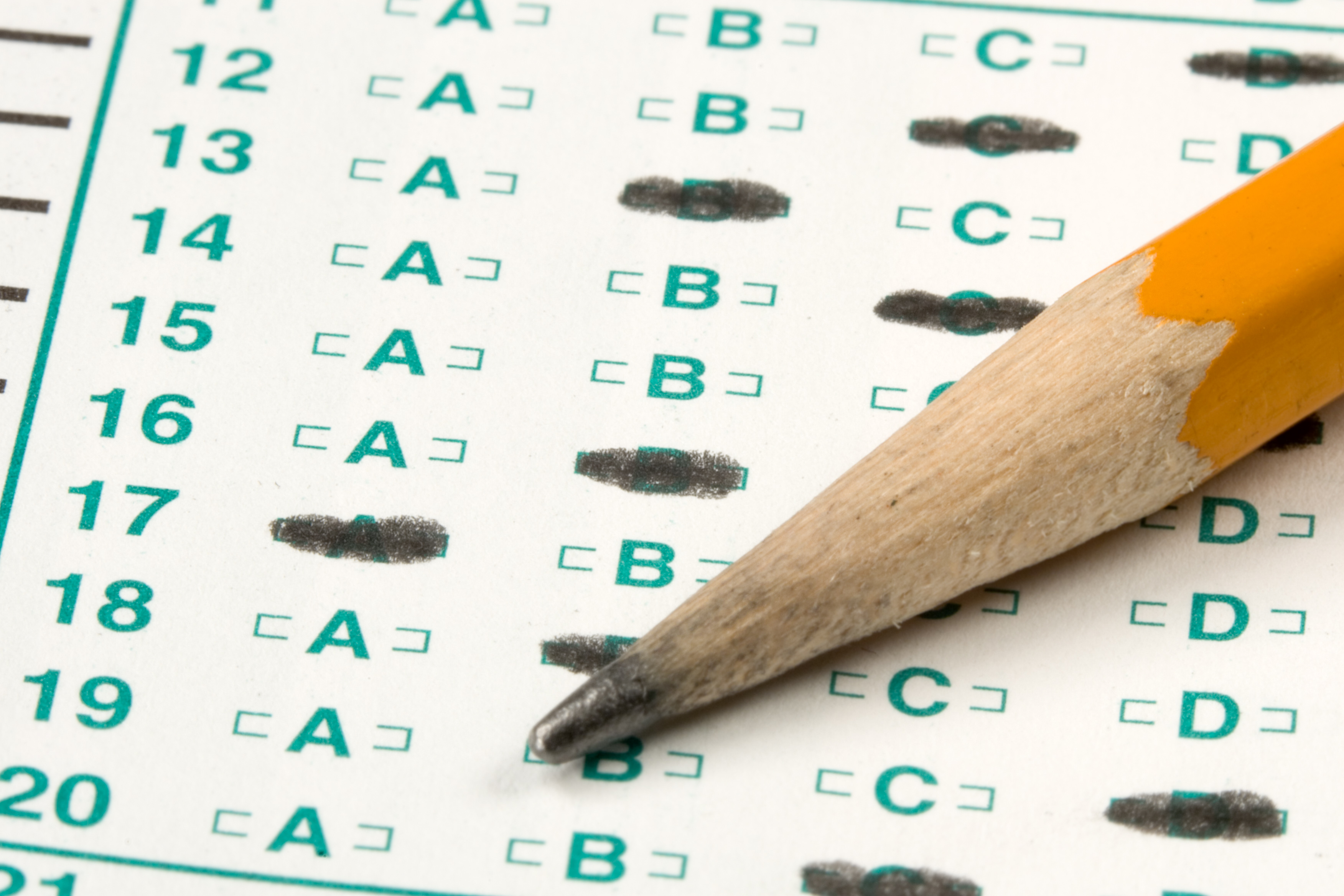Foundation SJT tips from a resitter, Part 2
With FPAS applications open now, the day is getting closer- the SJT, which will rank you with the rest of the UK medical students for jobs. It seems daunting, but remember that to get this far you are a sensible, intelligent person- it’s simply a matter of showing this as best you can, with my help!
As the exam comes up, I can’t stress enough that it is different- not about knowledge but about applying the right principles to make sensible decisions. It’s really not about cramming practice questions- after finding many of the books problematic I did very few. It’s about knowing the key guidance. It’s about showing that you know the GMC Duties of a Doctor and can apply them in scenarios of day-to-day hospital life.
You will need to reduce these massive documents to frameworks that are easily memorable for you. Have an idea of the kind of situations you will need to seek help in- when will you talk to an F1 colleague? When will you escalate a problem, and to who? We found it useful to have a framework “hierarchy” of who you would go to next with an unsolved problem.
It’s also worth reading over things such as DVLA guidance and ethical guidance on issues such as confidentiality and consent, so you are prepared for any of those issues that may come up.
Last year as part of my preparation for the SJT I took a course with Emedica– part of what was so helpful about it was their clear summaries of ethical principles, conscientious objections, confidentiality and other guidance that can almost be applied as “rules” to certain questions.
Remember that the test reflects “real-life” behaviour: Are you remembering to take care of yourself in your decisions, as well as projecting the image of the perfect caring Doctor?
On the flip-side, remember that the exam tests what you should do ideally: so even if you’d be too scared to phone your Registrar in real life, so you can put the ideal option.
FPAS provides a practice paper, which is the only “official” one so you might want to consider when you use it- early on to get an idea of real questions, or closer to the exam as a “mock”.
Consider how you’ll answer the questions. With 70 questions in 140 minutes, you have just 2 minutes in which to read a question, weigh up the scenario, and mark your answer down. Usually with MCQ’s I like to go through the question paper at least twice- you won’t have time here. Also if you’re one of those people who likes to write down your answers and transfer them at the end, consider if you want to risk running out of time for that! Bring several sharp HB pencils (so you don’t waste time sharpening, or worse, waiting for an invigilator to sidle along to you to bring you a new pencil), and please, a decent rubber, so we can avoid the marksheet fiasco of 2012!
I wouldn’t recommend cramming for this exam at all. You can’t learn answers as a slight variation in a question would change it completely. (None of the past paper questions came up last year, either!) Even if it’s not your usual pre-exam style, I’d recommend a good night’s sleep and a good breakfast before the exam, so you’re awake and ready to reason out situations, and apply some well-needed common sense!




No Comments